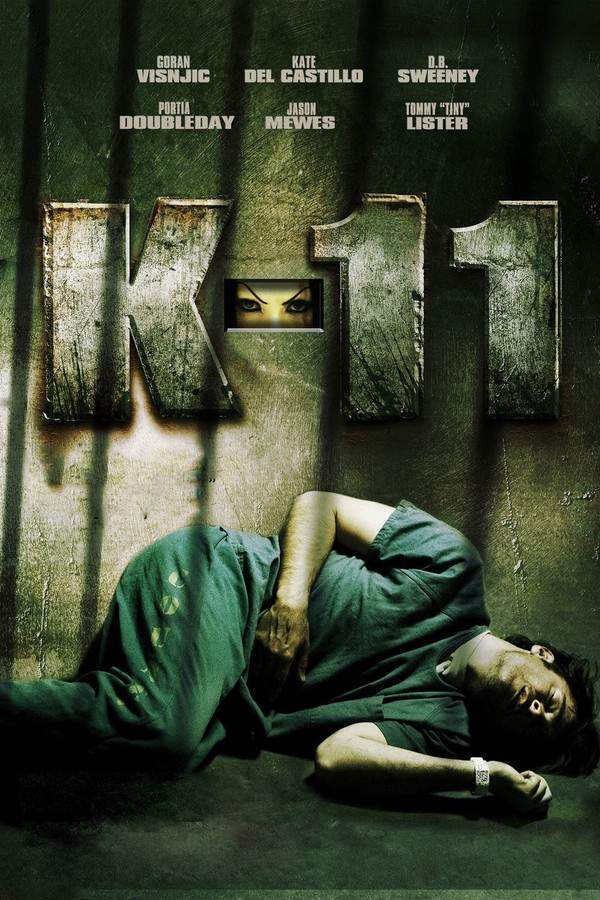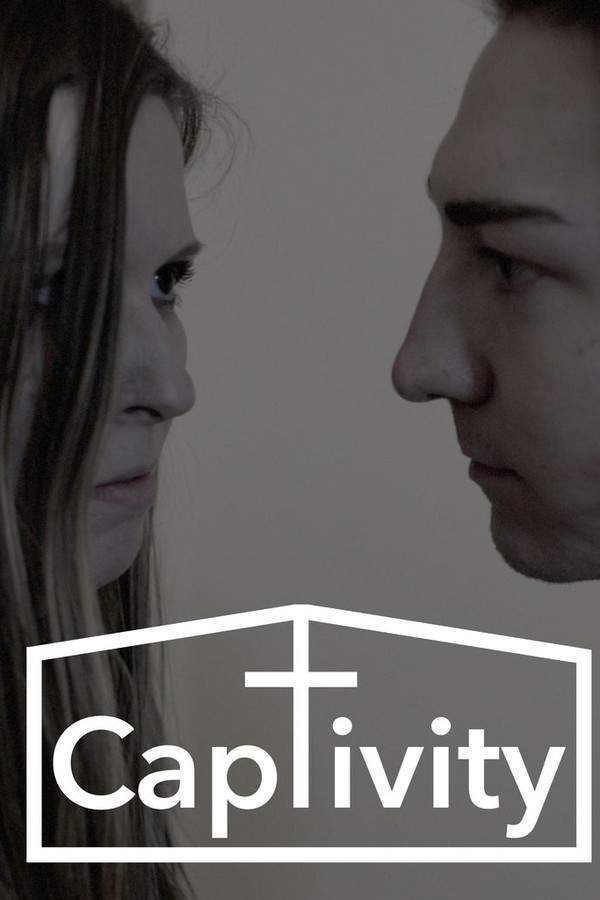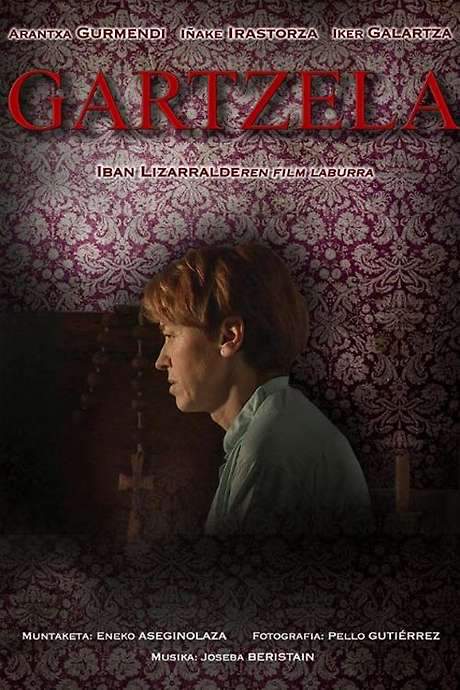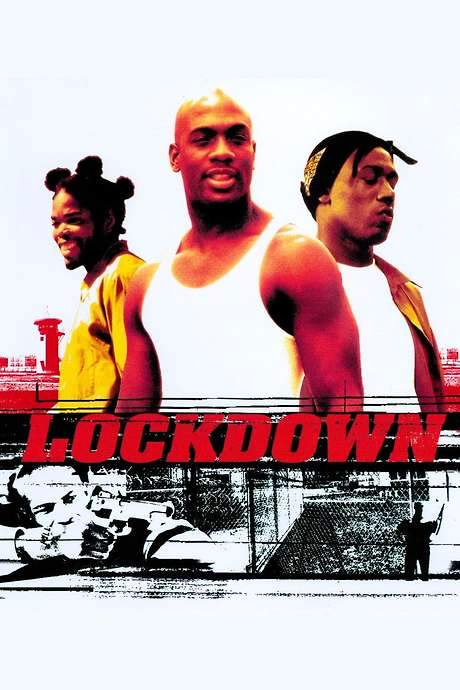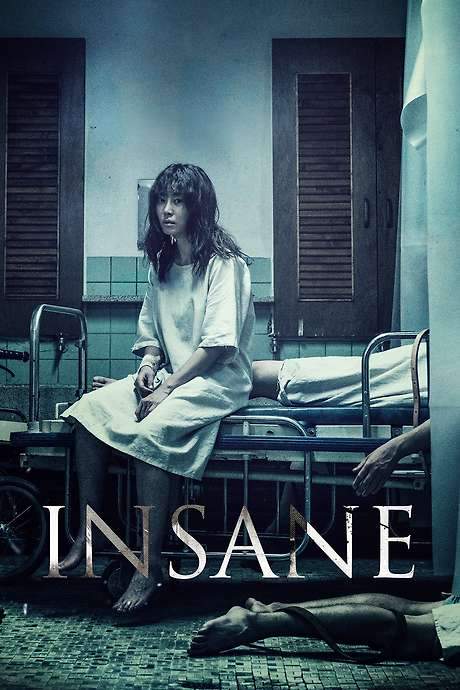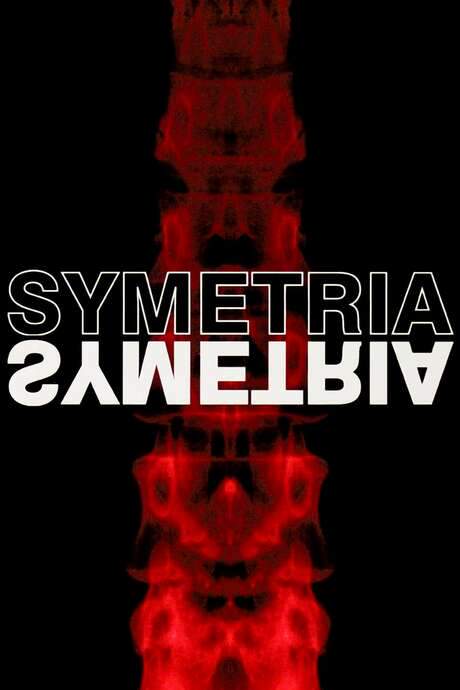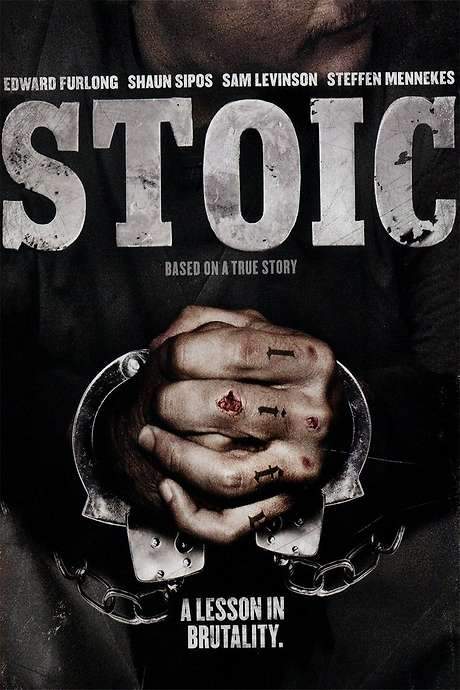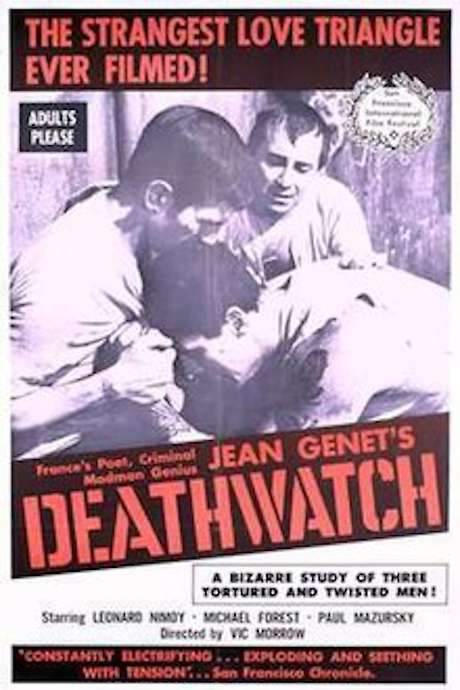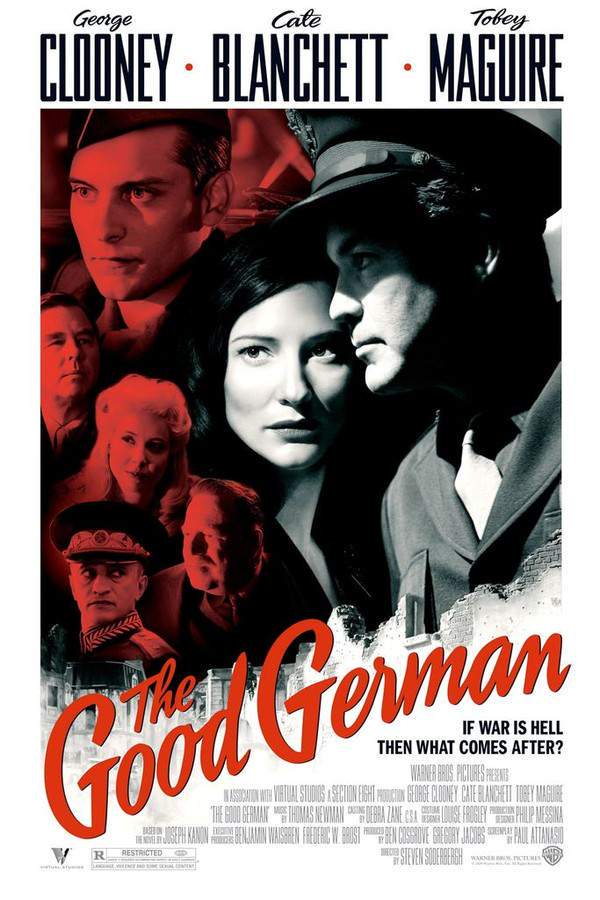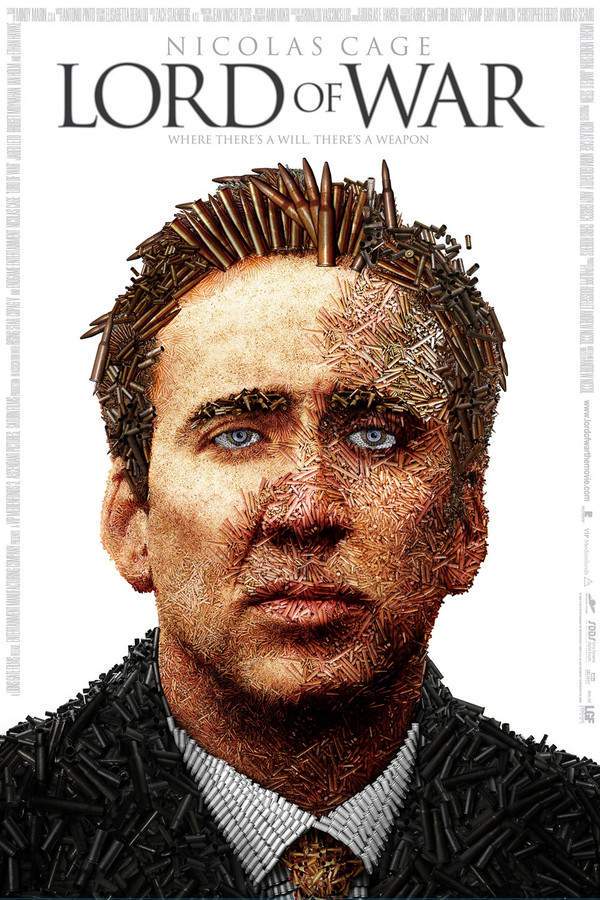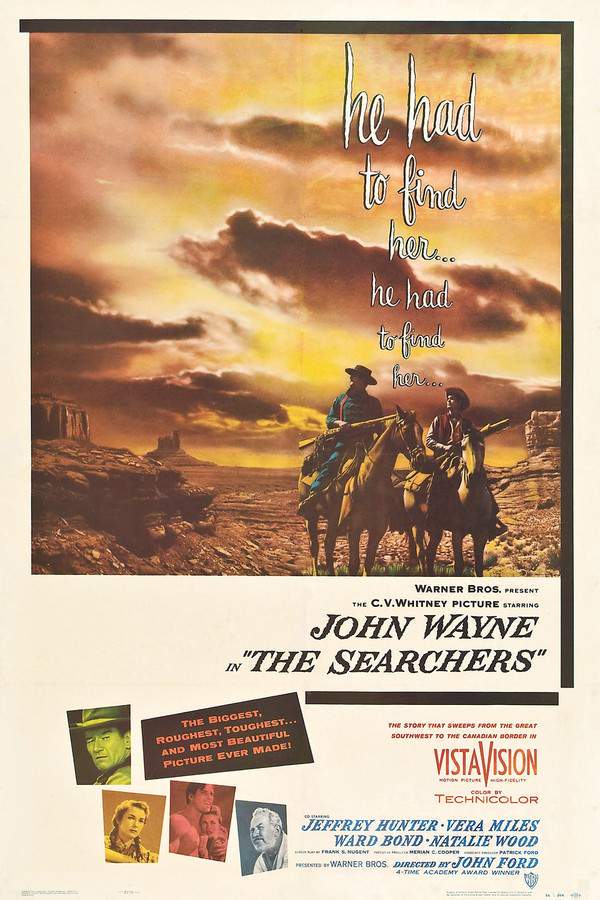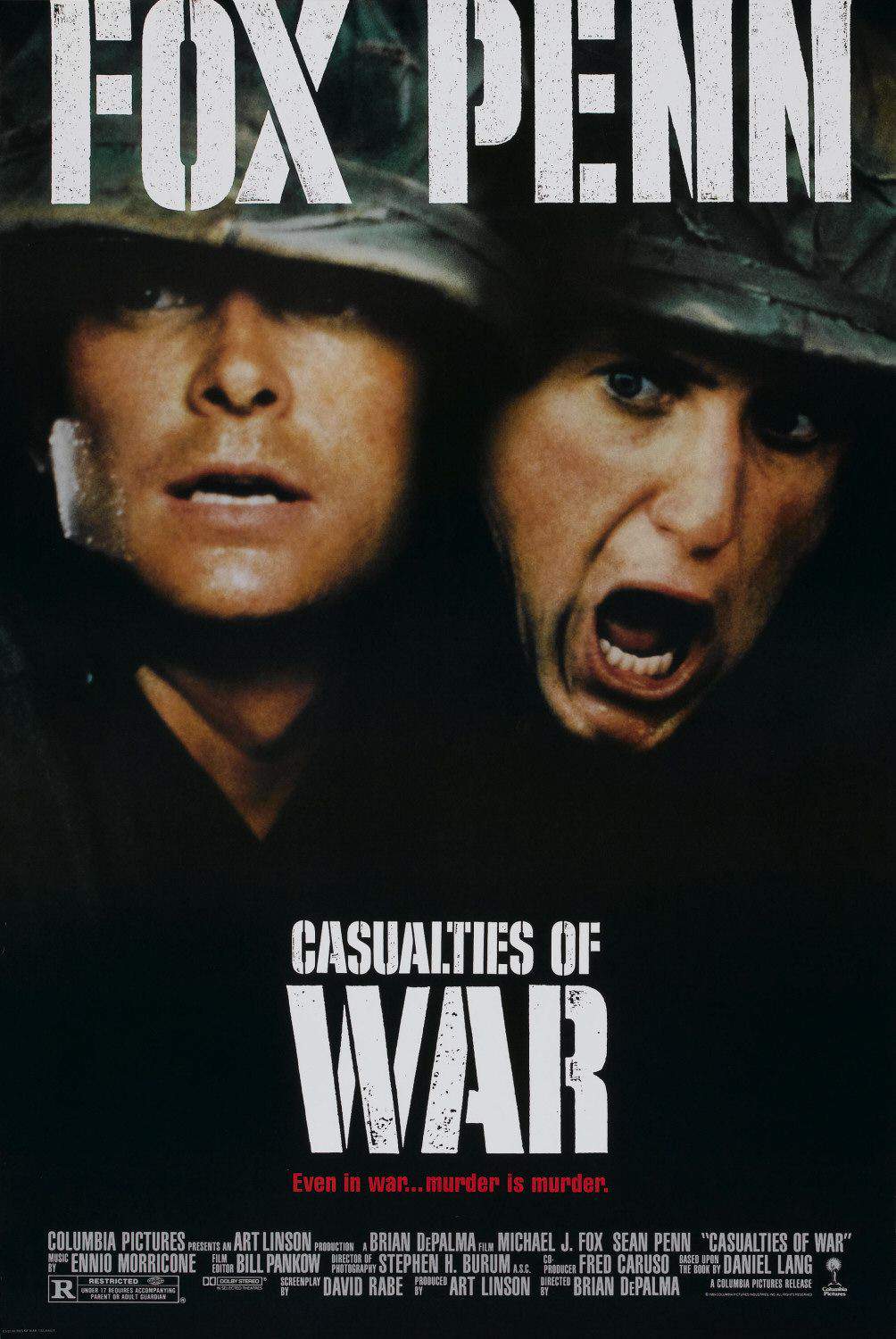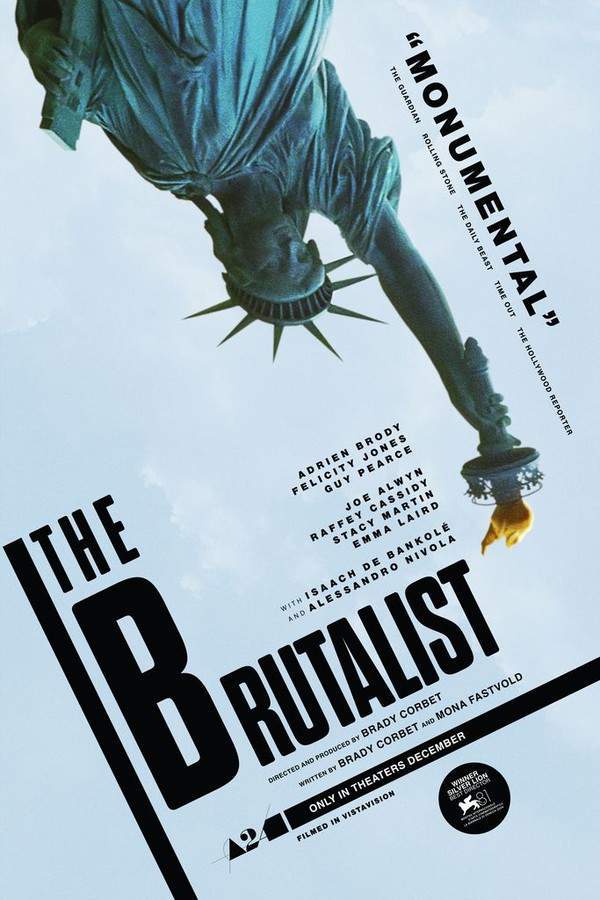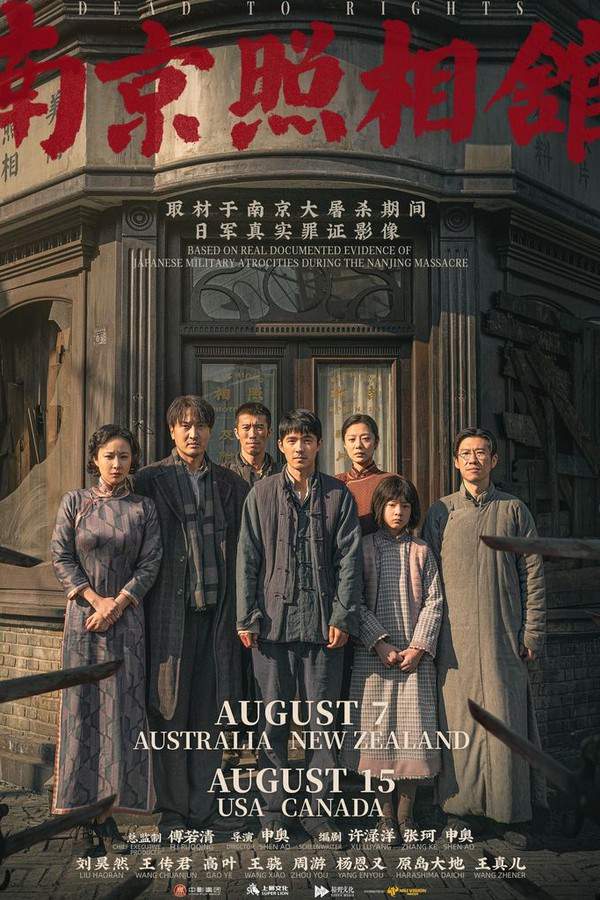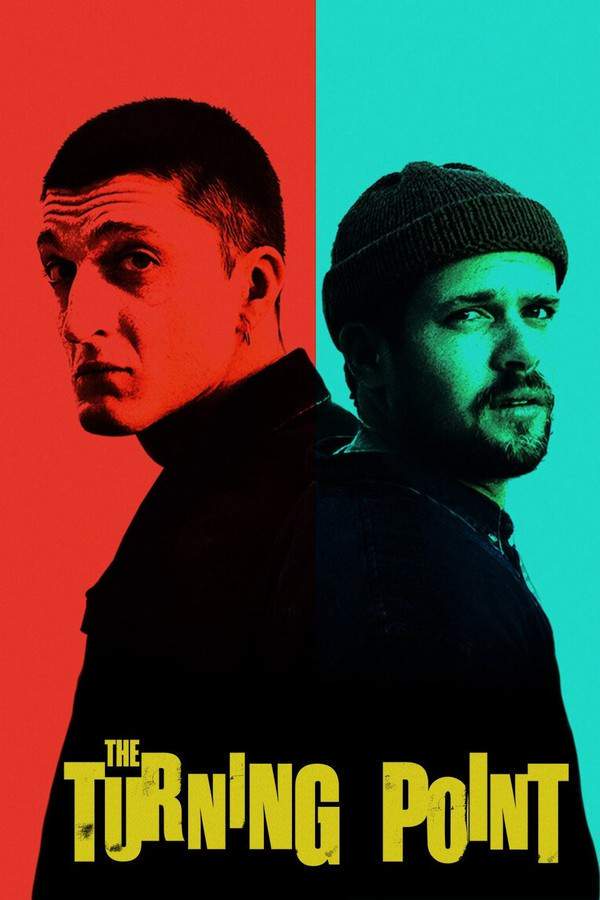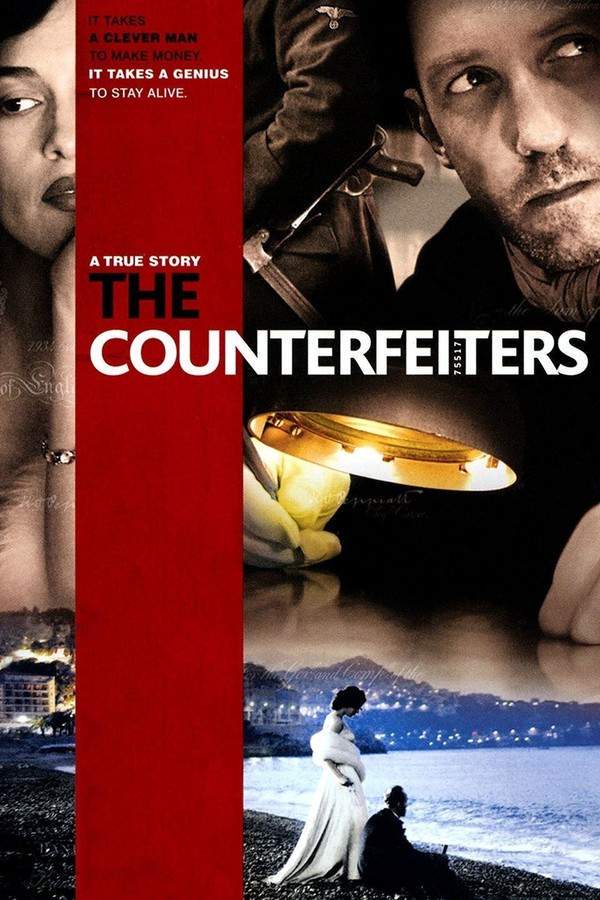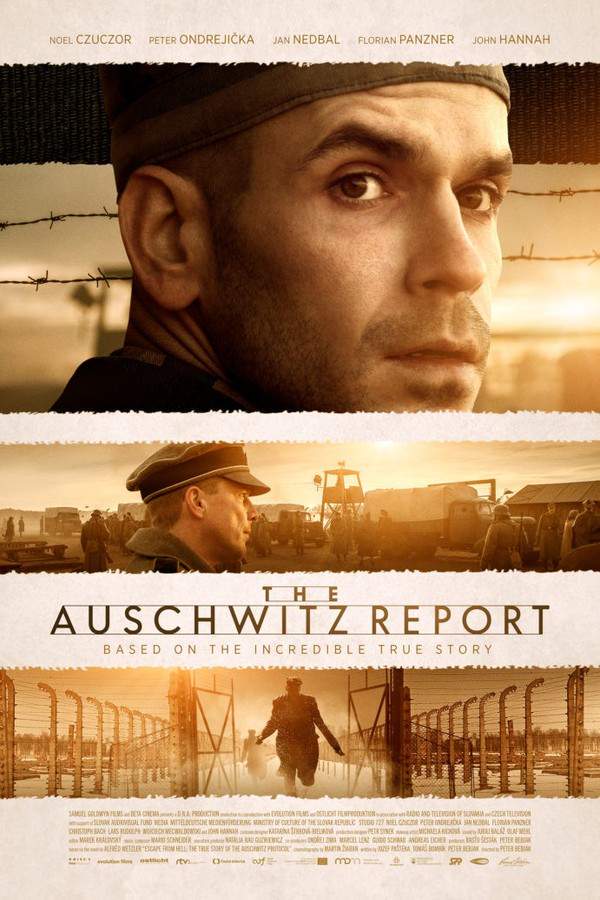
The Turning Point
Year: 1983
Runtime: 102 mins
Language: German
Director: Frank Beyer
In autumn 1945, nineteen‑year‑old Mark Niebuhr is arrested for murder and sent to a POW camp in Warsaw. He maintains his innocence despite long solitary confinement. When placed with Polish criminals he is targeted, and later endures a communal cell with fanatical German war criminals. The film is based on real events from Hermann Kant’s novel.
Warning: spoilers below!
Haven’t seen The Turning Point yet? This summary contains major spoilers. Bookmark the page, watch the movie, and come back for the full breakdown. If you're ready, scroll on and relive the story!
Timeline & Setting – The Turning Point (1983)
Explore the full timeline and setting of The Turning Point (1983). Follow every major event in chronological order and see how the environment shapes the story, characters, and dramatic tension.
Last Updated: October 04, 2025 at 13:01
Main Characters – The Turning Point (1983)
Meet the key characters of The Turning Point (1983), with detailed profiles, motivations, and roles in the plot. Understand their emotional journeys and what they reveal about the film’s deeper themes.
Last Updated: October 04, 2025 at 13:01
Major Themes – The Turning Point (1983)
Explore the central themes of The Turning Point (1983), from psychological, social, and emotional dimensions to philosophical messages. Understand what the film is really saying beneath the surface.
Last Updated: October 04, 2025 at 13:01
Explore Movie Threads
Discover curated groups of movies connected by mood, themes, and story style. Browse collections built around emotion, atmosphere, and narrative focus to easily find films that match what you feel like watching right now.
Prison and Institutional Thrillers like The Turning Point
Characters trapped in oppressive institutions, fighting for their sanity and truth.If you liked the claustrophobic tension and systemic injustice of The Turning Point, explore more movies about characters trapped in prisons, oppressive institutions, and corrupt systems. These films share a dark tone and heavy emotional weight, focusing on survival and moral fortitude.
Narrative Summary
The narrative typically follows an individual, often wrongly accused or out of place, who is thrust into a brutal system. The plot unfolds as they navigate various hostile factions within the institution, facing physical danger and psychological manipulation, while the setting itself becomes a character of relentless pressure.
Why These Movies?
These films are grouped by their shared oppressive atmosphere, the central theme of an individual versus a corrupt system, and a steady pacing that methodically builds dread. They prioritize psychological tension over action, creating a deeply immersive and unsettling experience.
Movies about Post-War Trauma and Morality like The Turning Point
Stories exploring the blurred lines of guilt and innocence in the aftermath of war.For viewers who appreciated the heavy themes of war crime accountability and moral conscience in The Turning Point, this section features similar dramas exploring post-war trauma, false accusations, and the psychological torment of navigating a morally ambiguous world.
Narrative Summary
The central journey often involves a protagonist confronting the grim legacy of war, sometimes being forced to face accusations or complicity. The plot is less about battlefield action and more about a psychological and moral awakening, leading to a bittersweet or ambiguous resolution that reflects the complexity of healing.
Why These Movies?
These films share a focus on the psychological and moral consequences of war rather than the combat itself. They are characterized by a heavy emotional weight, a dark and somber tone, and a thoughtful pacing that allows for deep exploration of difficult themes like trauma, guilt, and justice.
Unlock the Full Story of The Turning Point
Don't stop at just watching — explore The Turning Point in full detail. From the complete plot summary and scene-by-scene timeline to character breakdowns, thematic analysis, and a deep dive into the ending — every page helps you truly understand what The Turning Point is all about. Plus, discover what's next after the movie.
The Turning Point Summary
Read a complete plot summary of The Turning Point, including all key story points, character arcs, and turning points. This in-depth recap is ideal for understanding the narrative structure or reviewing what happened in the movie.

The Turning Point Timeline
Track the full timeline of The Turning Point with every major event arranged chronologically. Perfect for decoding non-linear storytelling, flashbacks, or parallel narratives with a clear scene-by-scene breakdown.

The Turning Point Spoiler-Free Summary
Get a quick, spoiler-free overview of The Turning Point that covers the main plot points and key details without revealing any major twists or spoilers. Perfect for those who want to know what to expect before diving in.

More About The Turning Point
Visit What's After the Movie to explore more about The Turning Point: box office results, cast and crew info, production details, post-credit scenes, and external links — all in one place for movie fans and researchers.

Similar Movies to The Turning Point
Discover movies like The Turning Point that share similar genres, themes, and storytelling elements. Whether you’re drawn to the atmosphere, character arcs, or plot structure, these curated recommendations will help you explore more films you’ll love.
Explore More About Movie The Turning Point
The Turning Point (1983) Plot Summary & Movie Recap
The Turning Point (1983) Scene-by-Scene Movie Timeline
The Turning Point (1983) Spoiler-Free Summary & Key Flow
Movies Like The Turning Point – Similar Titles You’ll Enjoy
Prisoner (2007) Plot Summary & Ending Explained
The Turning Point (2022) Spoiler-Packed Plot Recap
The Counterfeiters (2008) Complete Plot Breakdown
The Auschwitz Report (2021) Complete Plot Breakdown
The Grey Zone (2002) Story Summary & Characters
The Reconciliation (2017) Plot Summary & Ending Explained
For Those I Loved (1983) Ending Explained & Film Insights
The Turncoat (1000) Full Summary & Key Details
Stielke, Heinz, Fifteen… (1987) Story Summary & Characters
Naked Among Wolves (1963) Complete Plot Breakdown
Hospital of the Transfiguration (1979) Detailed Story Recap
The Turning Point (1952) Film Overview & Timeline
The Turning Point (1945) Plot Summary & Ending Explained
Pressure Point (1962) Detailed Story Recap
Winter in Wartime (2008) Complete Plot Breakdown

